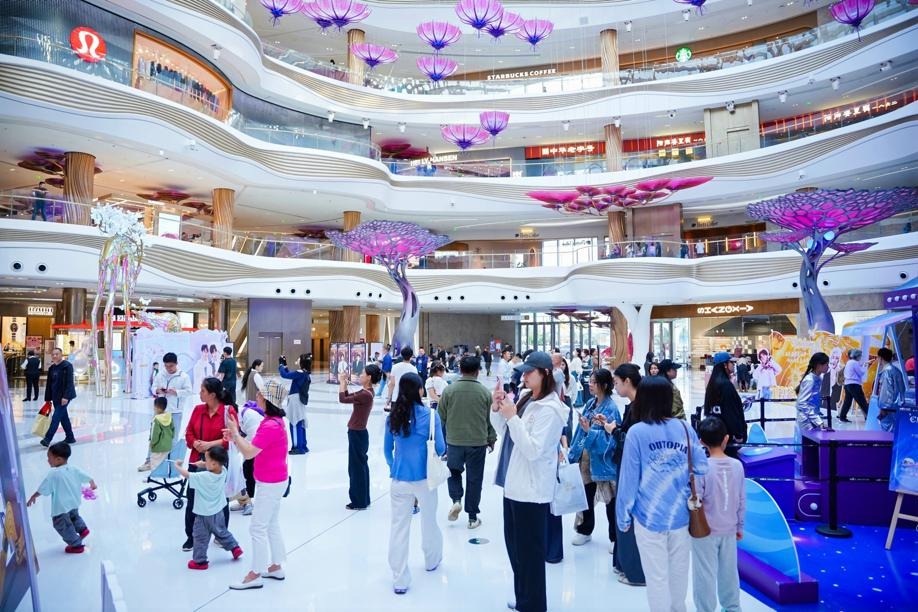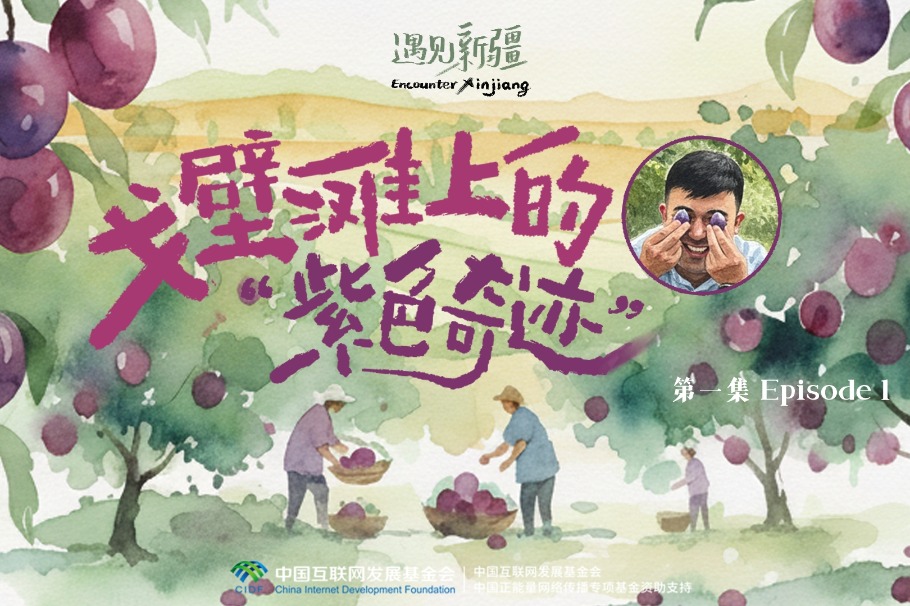Xiplomacy: How Chinese hybrid grass technology is changing the world for the better


A PLANT OF PROSPERITY
Agnes Ayinkamiye is the first coordinator of the Juncao project in Rwanda.
"One of the things that made me especially happy was how we helped people. The project was well-received, and we trained many people, particularly women's cooperatives and youth groups," she said. "I enjoyed my work immensely and was thrilled to collaborate with experts."
"People can earn money through Juncao technology, and it's become quite popular," Ayinkamiye added.
Lin noted that around 4,000 Rwandan households have benefited from the technology, with some experiencing their incomes double or even triple over the years.
"Juncao technology is affordable ... This technology is applied in such a way that makes it affordable for people at a very local level, which I believe is the key benefit," said Earle Courtenay Rattray, chef de cabinet to the United Nations Secretary-General.
Seruwaia Kabukabu, an entrepreneur in Serea village of Fiji's Naitasiri province, is one of the women trained at the Juncao demonstration center in Nadi, Fiji's third-largest city.
"After the training, every one of us received mushroom substrate bags for free from the center. Under the guidance of technical experts, we began to harvest and sell mushrooms within seven to 10 days, earning money for our family," Kabukabu said.
The income from the Juncao project allowed her to improve her family's living standards by purchasing essential appliances, building a concrete toilet and bathroom, and even contributing to a clean water project in her community.
"Fiji faces numerous problems ranging from geographical isolation, susceptibility to natural disasters due to climate change that hinders agricultural, and sustainable development and food security," Kabukabu said.
Over the past decade, over 2,400 people in Fiji have received training on Juncao technology, with the Juncao cultivation area in Fiji exceeding 2,000 hectares.
"Simple to learn and effective to implement," said Lin, emphasizing that Juncao technology should lower its technical application threshold abroad "so that even the poorest farmers can get involved."
To date, nearly 350 international workshops have trained over 14,000 people in Juncao technology, with introductory papers now available in 18 languages for global use.























